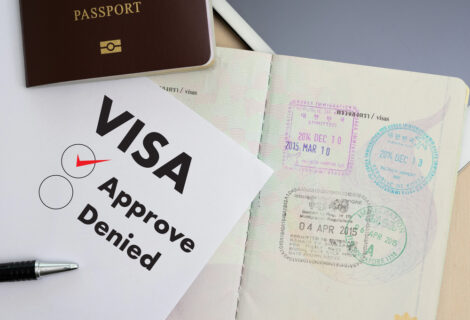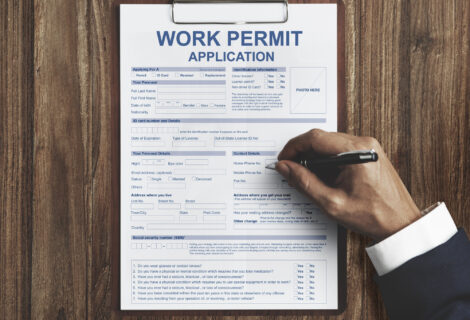How to Win Residency Appeal?
Residency Appeal Process & Guidelines to Wit It
Residency Obligation
According to the Immigration and Refugee Protection Act (IRPA), the main criteria to win a residency appeal for permanent residents is to meet their residency obligation. That is to be physically present in Canada for at least 730 days out of every five years.
Failure to meet residency obligation
If Citizenship and Immigration Canada (CIC) decides that a permanent resident has missed his or her residency obligation, this person may lose his or her permanent residence status. In this case, a person may appeal the CIC decision to the Immigration Appeal Division (IAD). The appeal must be filed no later than 60 days after receiving the decision letter from CIC.
Residency Appeal Process
The CIC officer outside Canada determines that a person with Canadian permanent residence status has violated his or her residency obligation. Since the permanent resident receives the decision from CIC, he or she should appeal to IAD within the next 30 days.
The IAD sets the date for the hearing. If the IAD decides the appellant must be present at the hearing but this person is outside Canada, the CIC will then send a travel document to the appellant allowing to travel to Canada for the hearing. Otherwise, the hearing may be held by telephone.
If the appeal is allowed, the appellant will retain the permanent residence status. If the appeal is dismissed, the appellant loses the right to be considered a permanent resident in Canada. In case the decision was dismissed and the appellant is in Canada, the IAD will issue a removal order so this person leaves the country.
How to win a residency appeal
1) Get lawyer’s help
In order to win the residency appeal, you should prove that the CIC decision is wrong in law or fact. First, you should check the reasons that specify the conditions of meeting the residency obligation under the Immigration and Refugee Protection Act. The next step is to show strong enough humanitarian and compassionate reasons for missing your residency obligation even if the CIC decision was correct in law or fact. If a lawyer represents you at the hearing, you will be well supported by enough evidence and you will get the proper delivery of the information.
2) Emphasize all the relevant evidence
The relevant information may save you the residency status. Before coming to the hearing, think about preparing enough evidence related to:
- Humanitarian and compassionate reasons;
- Information proving the best interests of your child who might be affected by the decision;
- How much you are established in Canada and your degree of continuing connections to the country;
- The attempts to return to Canada if there were some;
- Reasons demonstrating the difficulties your family might face due to dislocation if you lose your permanent residency;
- The support you have in Canada from family or other people in the community;
- Your own strong reasons justifying being absent in Canada (such as one of your family members was ill).
3) Meet the deadlines
- The permanent resident should appeal the CIC decision to the IAD, no later than 30 days after receiving the decision letter from CIC.
- If the individual is outside of Canada but was present in Canada within the past 365 days, CIC is allowed to provide a travel document to that person so that the person can travel to Canada.
- If you plan to submit documentary evidence to show that CIC decision was wrong, you should provide two copies of each document: one copy to Minister’s counsel, another one – to theIAD Registry Office. The documents must be received no later than 20 days before the hearing.
- Before the hearing, the Minister’s counsel is required to provide you and theIAD with the appeal record. You should get the appeal record no later than 120 days after the Minister’s counsel received your notice of appeal. You are allowed to provide your documents in response to the documents from the Minister’s counsel no later than 10 days before the hearing.
- If you are going to be supported by a witness at the hearing, you have to provide the information regarding this person no later than 20 days before the hearing.
- If you or any of your witnesses need an interpreter, you must notify theIAD Registry Office no later than 20 days before your appeal hearing, or in person at the scheduling conference (Assignment Court) if there is one.
- If you or any of your witnesses need an interpreter, you should inform theIAD Registry Office about this person no later than 20 days before your appeal hearing.
- TheIAD Member may announce the decision at the end of the hearing or send you an email no later than 90 days after the hearing.
If you have got a refusal of a residency status, it does not mean that you have to book a flight home. Winning a residency appeal is possible if you are following the right steps of the appealing process.
Contact Gertler Law Office to discuss your case.






